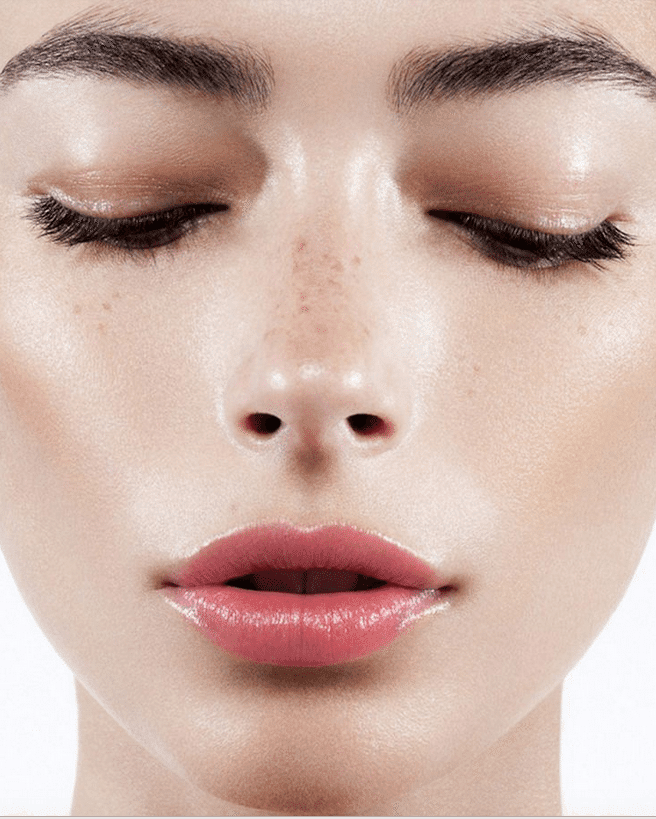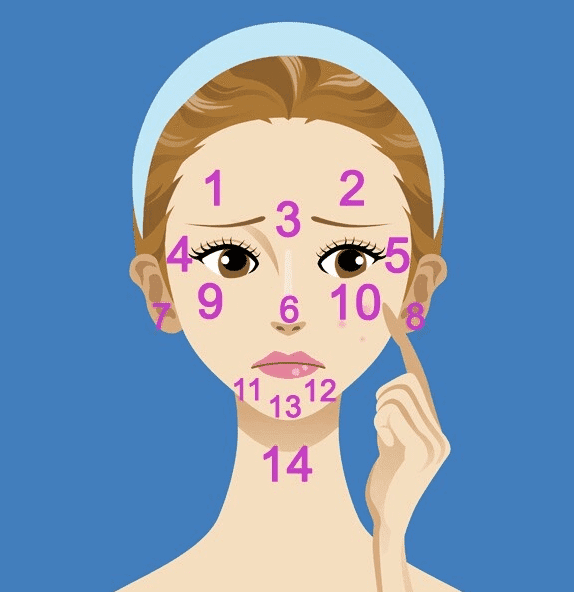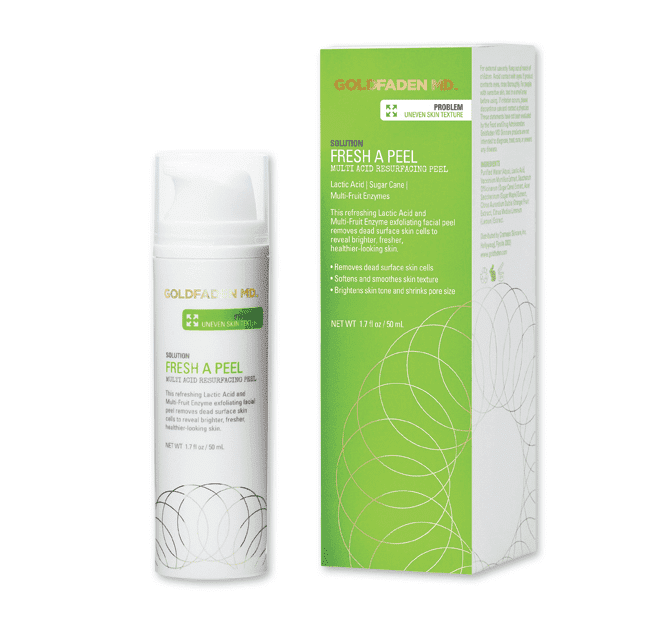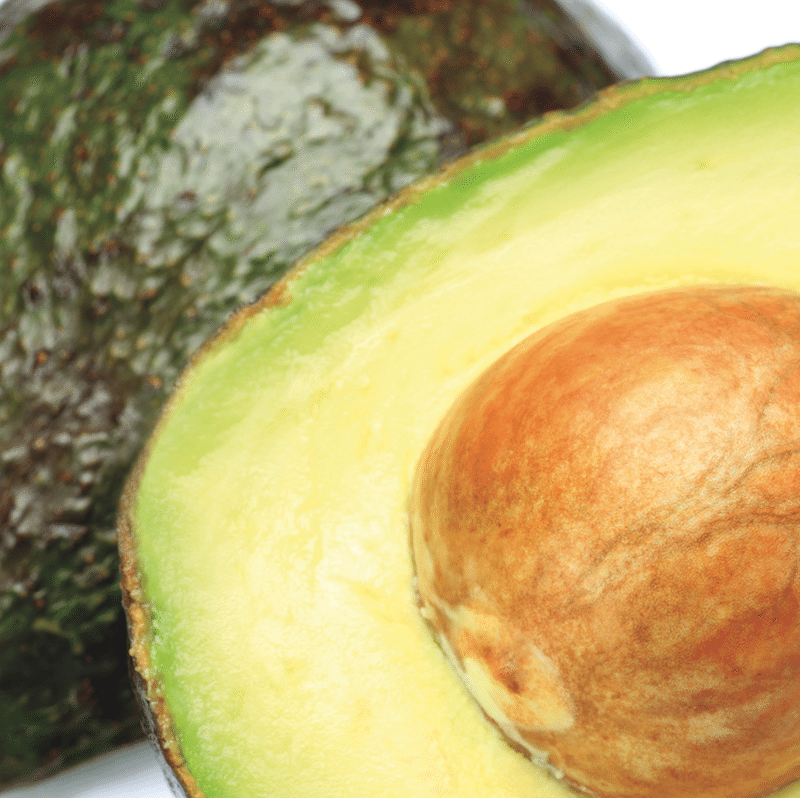Now that the New Year is upon us, many of us look back on the past year and take account of the good and the bad, especially when it comes to overall health, including our skincare regimen and needs. In some way or another, we all set out to set New Year’s goals centered around what we’d all like to improve upon for the New Year.
The New Year is the perfect time to make personal commitments that will help improve ourselves, especially our skin! With this in mind, we wanted to outline some of the suggested New Years resolutions that we work towards to consistently keep up with keeping our skin looking its best.
 Photo via Little Plastic Horses
Photo via Little Plastic Horses
Eat Smart: Given the excess amounts of sweet fixings and the celebratory champagne we all consumed this holiday season, our bodies (especially our skin) is feeling it! Get back on track with your diet and
Drink Water: Dehydration has been shown to cause pre-mature aging especially through the enhancement of fine lines and wrinkles (think raisins!). Make sure you are taking in the recommended amount of 8 glasses of water per day. Health Ambition shares the key health benefits to drinking your daily dosage.
Stress Free: Stress is a leading indicator for many illnesses and we all should set out each day with a goal to reduces the amount of stress in our lives. There is no magic way of doing so, but if we keep this goal top-of-mind, we can overcome much of the stress that builds up in both our personal and work lives.
Exfoliate Regularly: Ever wonder why all the red carpet celebrities are always glowing? Well, it starts with exfoliation and Dr. Goldfaden is constantly preaching this as he truly believes that a glowing, clear and radiant complexion begins with exfoliation. Plus, there’s no better way to eliminate those unwanted dull and lackluster dead skin cells, dirt and excess makeup.
Stay Hydrated: OILS, OILS, OILS! We love oils because of their versatility since you can use by itself, mix with your favorite moisturizer and even with your foundation. Oils not only work to hydrate, but most offer that glowing and radiant completion that we all lack in the dead of Winter. Plus, given the advancements of the technology being used, many oils offer huge anti-aging benefits as well. We’re loving Goldfaden MD’s newest launch (coming out in February): Fleuressnce.
Wash Your Makeup Brushes: Bacteria just builds and builds within the brushes bristles and reinfects our makeup which leads to skin irritations and breakouts. It is uber important to regularly clean these brushes, weekly, to keep any bacteria from building and spreading.
Stay Consistent: Topical skincare products take time. We know, you want immediate results, but trust us, be patient and younger-looking and glowing skin will come. It’s important to stay consistent with the recommended application of the products you’re using (AM + PM). Treatment products typically take anywhere between 2-5 weeks to show results.




